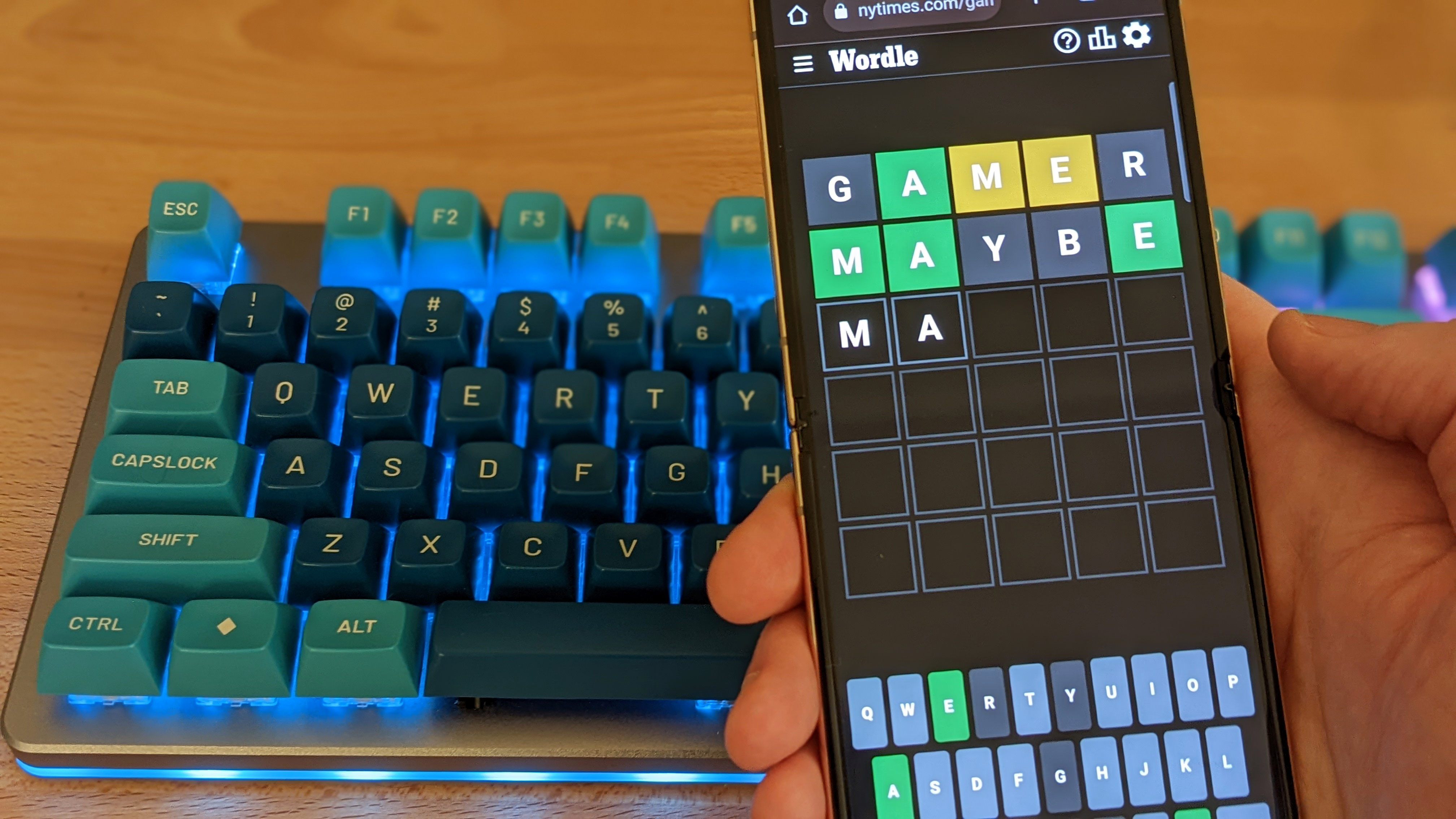
Crypto can be a scary situation when mentioned in a conversation. Most of the time people think it is a scam due to the negative mainstream press. Furthermore, the lack of education on the blockchain already creates issues for entry for those not familiar with the space.
Whilst blockchain gaming has been on the steady rise, many are still not engaging with the space. Constantly reverting back to the traditional Web2 gaming on consoles like Xbox and PlayStation.
Education is low, on top of that we have a lack of regulation that allows people to create phony projects leaving investors out of pocket. A recent survey from Coda Labs has surfaced with some interesting findings on the scams within the Web3 gaming space.
Let’s look into this in more detail below.
© Entrepreneur
What does the research tell us from Coda Labs?
Coda Labs’ paper has highlighted some concerns from gamers. Panning over multiple countries including the United Kingdom, the United States, Brazil, Japan and South Africa this study has been released in conjunction with DappRadar. They are a governing body in research on the blockchain.
Asking 6, 921 individuals, it found 41% of those who responded are concerned with Crypto gaming related scams. The same percentage were not even aware on how crypto gaming even worked, hinting towards the lack of education we mentioned above.
Just ⅓ of respondents believe the cost of entry into blockchain gaming is an issue. When you accompany this with the rigorous setting up process associated with these games, it comes as no surprise that even most gamers are not interested in this new sector of gaming just yet.
It must be noted that those who were a part of the study had to fit a specific criteria to feature. Either play two games or more per month and/or complete a crypto related activity. This could be traded, buy cryptocurrencies or trade NFTs within the past 30 days before the study was started.
Therefore the findings from this research make the results even more interesting as those involved are fairly tech savvy individuals.
How can I become more confident with Web3 gaming?
Even if you have intentions of playing games associated with the blockchain, education is a key factor to consider. With how much content there is available on Web3, anyone looking to strengthen their understanding.
As a starter here are some key things to look out for when looking into a new crypto game.
Anonymous Teams
This is a huge red flag from the get go. If you visit a game’s site and their team either have fake names or it is not clear who they are, this could be an issue.
Take a game like Blankos Block Party. Their team works under the brand Mythical Games that have had previous experience creating top tier Web2 games. This information is readily available online.
Many games have new, young talent behind them which is completely fine. If they at least their headshot or links to their personal online profiles you should be in the green.
If you are still unsure, be sure to follow the games’ socials and see how they are over time.
Social Accounts
Be sure to check out the game’s social media account to check their follower count, game updates and the engagement they receive on their posts.
In today’s world it is easier than ever to fake social followings and to buy likes and followers. If a project has a large follower count but very low engagement on posts, it could show negative aspects.
© Cryptofans
Influencer promotion
Whilst seeing your favorite celebrity associated with a new/current project, this always hasn’t ended too well for investors in the past.
More times than not projects turn into rug pulls as seen with the likes of Jake Paul and Lil Uzi Vert with the projects they promoted previously.
If you see a celebrity pushing a project at an ungodly rate, be sure to keep your wits about you!
We have outlined some of the most important things to look out for, however do not use this article as the gospel if you are getting into crypto gaming. Be sure to do your own research before investing in any Web3 related project!
What do crypto scams mean for the bigger picture?
Scams are detrimental for the space as new players are put off as detailed in the Coda Labs study above.
With how much money is lost at a time, people are scared to even educate themselves on crypto related topics. One thing that is being seen recently however is big brands and household names making the shift into the metaverse, making it seem more open for newer users.
Hopefully as time passes the scams lessen and regulation gets tighter. The possibilities blockchain technologies have for the whole of the entertainment industry is groundbreaking. It’s only a matter of time now until we see mainstream adoption of it across the board!
Coda Labs, a developer of mobile Web3 games, surveyed 7,000 respondents from the UK, US, Brazil, Japan and South Africa in partnership with the Blockchain Game Alliance, DappRadar and Laguna Games for the study.
It found that 41% of gamers were concerned with scams, while 41% were unsure as to how Web3 gaming would work. The financial costs of getting involved was a barrier to a third of respondents.
In June 2022, CodaLabs surveyed 6,921 respondents consisting of traditional gamers, crypto gamers, and crypto non-gamers across five countries.
Crypto non-gamers are cryptocurrency users who don’t necessarily play video games.
The report revealed that Web3 gaming has still not been adopted into the mainstream gaming market despite the amount of money pumped into the industry.
Respondents had to be either a regular gamer who plays at least two video games monthly or someone who has completed a crypto activity (trade, buy/sell an NFT, etc.) within the previous 30 days.
The most significant barriers to web3 gaming among traditional gamers and crypto-natives are a lack of information on web3 gaming and fear of scams. Some traditional gamers also do not have crypto wallets.
In addition, crypto-natives reported that Web3 games are “too expensive” to start.
41% of the traditional gamers who responded are generally unsure how crypto gaming works.
Significantly, at least 33% of each of the three classes of respondents are worried that they might be defrauded in crypto gaming.
Yet, crypto non-gamers look the most likely to be converted to crypto gamers.
Altogether, it does appear that the success of Web3 gaming so far leans heavily on its crypto feature, with most respondents saying they play Web3 games to earn cryptocurrency.








